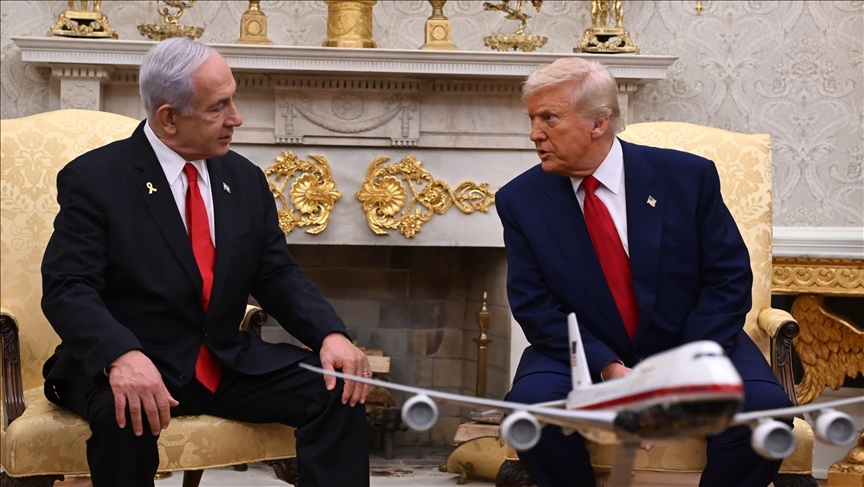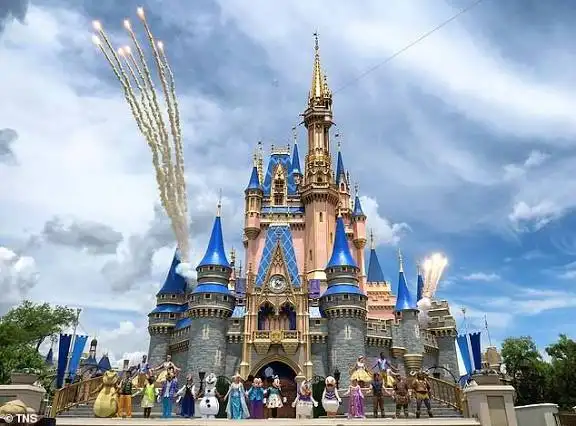Israeli Prime Minister Benjamin Netanyahu met with U.S. President Donald Trump at the White House on July 7, 2025, to discuss a potential ceasefire in Gaza and the release of hostages held by Hamas. This meeting comes amid ongoing indirect negotiations between Israel and Hamas, mediated by Qatar and Egypt, aiming to finalize a U.S.-backed 60-day ceasefire plan. The proposed plan includes phased hostage releases, Israeli troop withdrawals from Gaza, and potential steps toward ending the 21-month war that began with Hamas’s attack in October 2023, resulting in over 57,000 Palestinian deaths and widespread displacement.
During the meeting, President Trump emphasized the urgency of achieving a ceasefire and securing the release of the remaining hostages. He expressed optimism about the prospects of the 60-day ceasefire plan, highlighting its potential to bring an end to the prolonged conflict. Netanyahu, however, underscored the necessity of Hamas’s disarmament and the exile of its leaders as preconditions for any agreement. He also reiterated Israel’s demand for a full withdrawal of Hamas from Gaza.
The discussions also touched upon the recent U.S. airstrikes on Iranian nuclear sites, which were conducted in support of Israel during its brief conflict with Iran. Both leaders acknowledged the strategic importance of these actions and explored avenues for broader regional diplomacy, including potential normalization of relations with Lebanon, Syria, and Saudi Arabia. Additionally, President Trump criticized Israeli prosecutors pursuing corruption charges against Netanyahu, suggesting that the trial could complicate peace negotiations.
Despite the diplomatic efforts, significant challenges remain in reaching a sustainable ceasefire. Hamas demands a full Israeli withdrawal from Gaza and refuses to disarm, while Israel insists on the demilitarization of Gaza and the return of all hostages. The mutual distrust and incompatible goals of both parties have made a lasting agreement elusive.
The meeting between President Trump and Prime Minister Netanyahu is seen as a critical step toward resolving the Gaza conflict. However, the path to a comprehensive and lasting peace remains fraught with obstacles, requiring continued diplomatic engagement and concessions from both sides.












Leave a comment